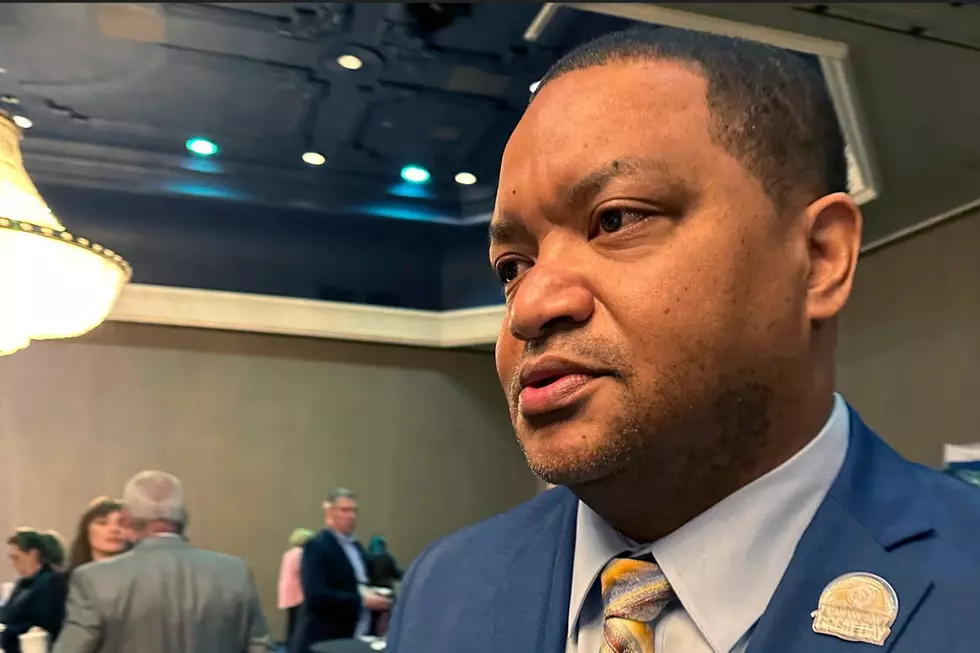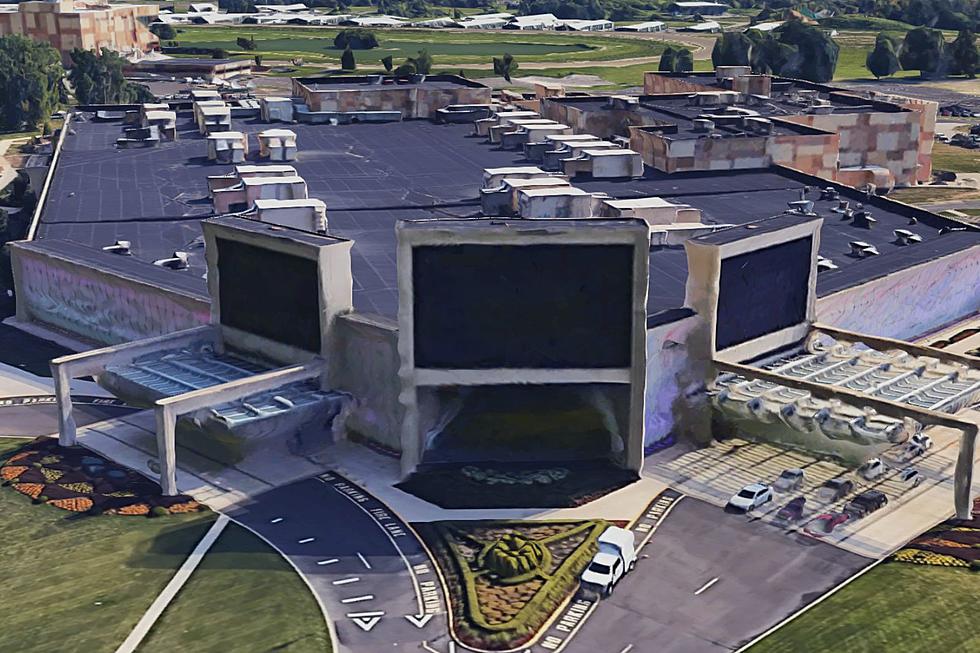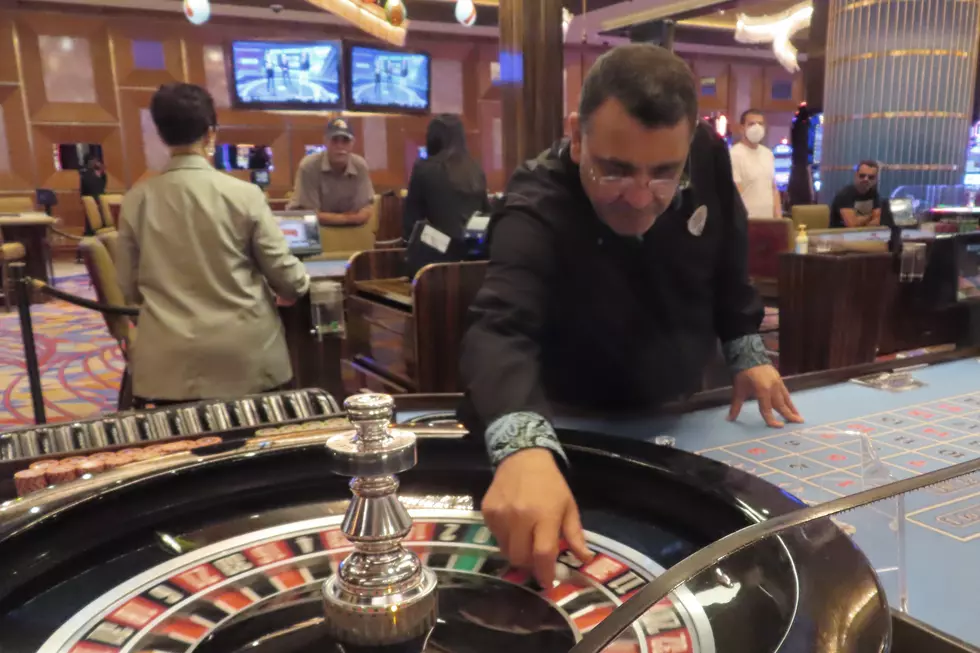
Tougher road ahead for NJ casino expansion referendum plans
It's no longer such a sure thing that New Jersey voters will be asked in November whether to approve two new casinos in the northern part of the state.
State lawmakers have been unable to agree on a plan for a referendum, making it harder to put the question before voters next fall.
A key deadline passed Tuesday without a deal among the Senate and Assembly on which of two competing casino expansion plans should go to the ballot. Now, in order for the November 2016 vote to happen, a bill must pass early next year by a three-fifths majority, which would make the issue more vulnerable to opposition from Atlantic City-area politicians.
Had both houses reached an agreement before Tuesday, their plan could have passed by a simple majority in two consecutive sessions and gone to the ballot. Instead, each house has made amendments to its own bill without reconciling it with the competing version in the other house.
The key differences are who can own the new casinos and how the gambling tax revenue they generate would be divvied up.
The Senate version requires that both casinos be owned by existing Atlantic City casino operators or their partners. The Assembly bill only applies that requirement to one of the new casinos, leaving the other open to outside companies. Both would send some of the new taxes to help Atlantic City, though in differing amounts.
"Somebody will have to come to the other side," said Assembly Speaker Vincent Prieto. "We have until August to get this job completed, but there has to be compromise. It takes two to tango."
Both Prieto and Senate President Steve Sweeney say they've already made compromises -- and both are standing firm where they are right now.
Sweeney, who did not immediately respond to a request for comment Tuesday, has said his bill seeks to do the most good it can for Atlantic City, which stands to take a beating from new in-state competition that will only worsen competition from casinos already siphoning customers off to neighboring states.
Gubernatorial politics have also surfaced in the debate. Senate Majority Leader Loretta Weinberg on Tuesday accused Jersey City Mayor Steven Fulop -- a likely rival to Sweeney in the 2017 governor's race -- of seeking to derail a compromise in order to deny Sweeney a political victory. A Fulop spokesman called the charge "absurd" and said the Jersey City mayor is a huge supporter of gambling in northern New Jersey, which would benefit his city.
If neither side blinks and no bill is approved in the next Legislative session that begins Jan. 12, voters could not be asked whether to approve north Jersey casinos until Nov. 2017 at the earliest, preserving Atlantic City's in-state monopoly for another year.
And even if they do agree, the higher vote threshold the measure must now clear will make the bill more vulnerable to opposition from Atlantic City-area lawmakers like Sen. James Whelan, a former Atlantic City mayor.
"I'm certainly not losing sleep over the fact that the legislation has been delayed," he said. "I hope it's delayed indefinitely, but in the likely event that this referendum does come before the Senate next year, I will be voting against it."
Prieto acknowledged the measure has a higher hurdle to clear now, but predicts the votes will ultimate be there to get it onto the ballot.
"I don't see it as a huge lift," he said. "It can be done."
(Copyright 2015 The Associated Press. All rights reserved. This material may not be published, broadcast, rewritten or redistributed.)
More From New Jersey 101.5 FM









